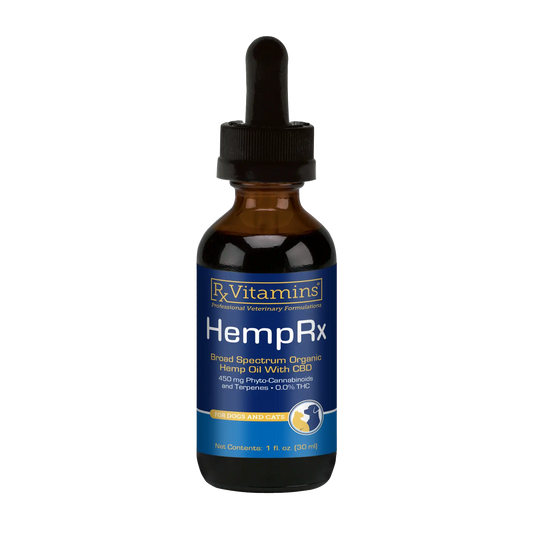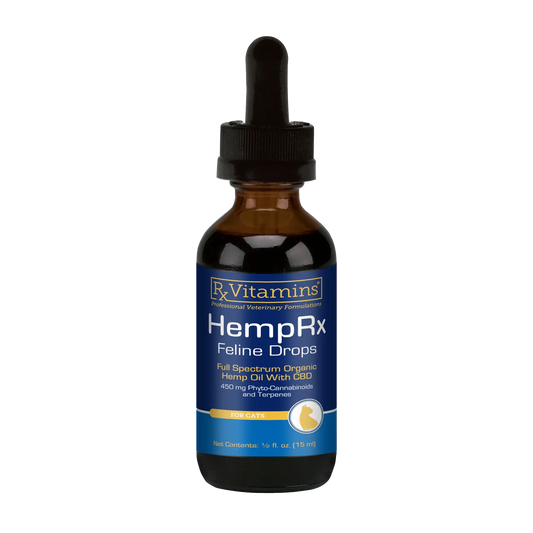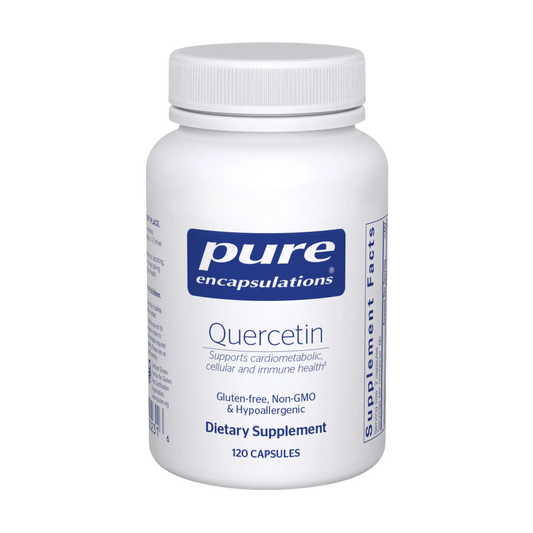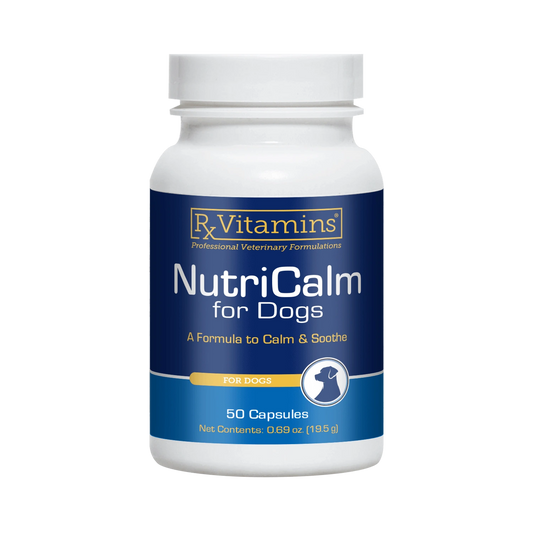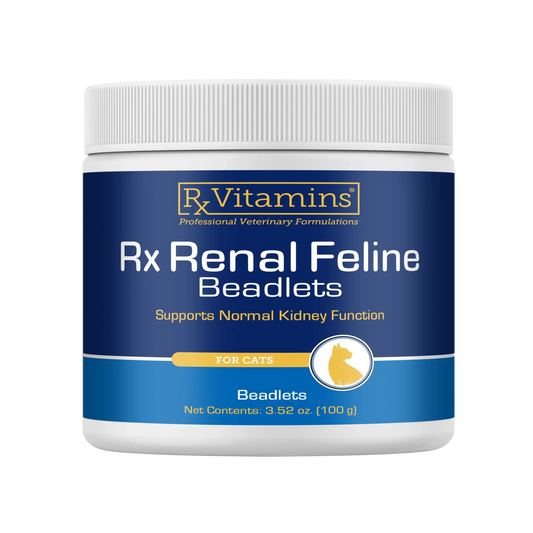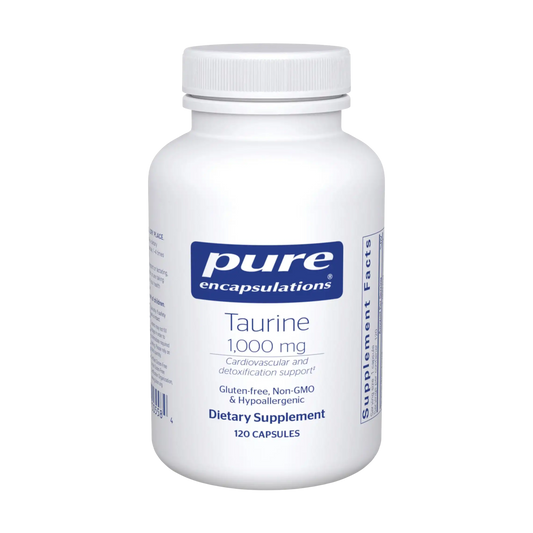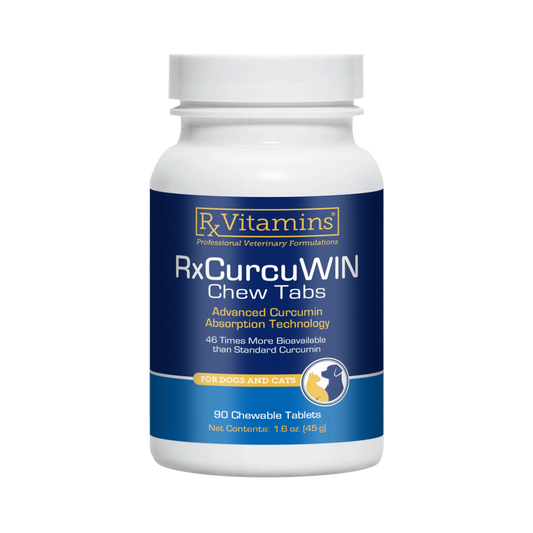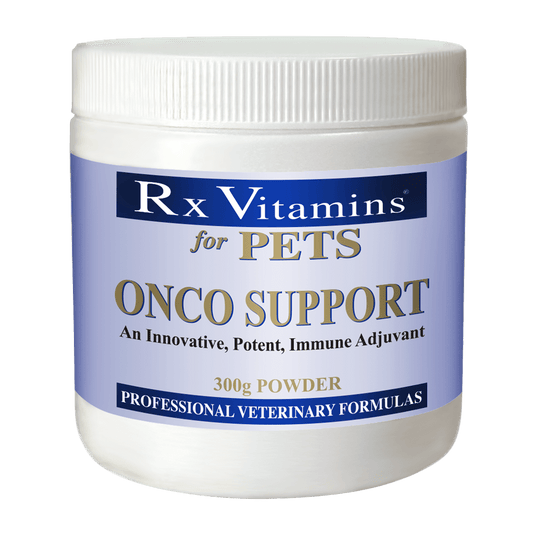There is nothing worse than stepping on a hairball with your bare foot. If you are regularly cleaning up these gross wads of hair, you will probably do anything to make them stop. Cat hairballs are never normal and usually indicate something is wrong.
In this article, I am going to go over common causes of hairballs in cats
Common causes of cat hairballs.
Seasonal shedding. Just like our dogs, cats will go through 1-2 big shedding cycles per year (often in the Spring). Some breeds of cats will shed more than others, such as Ragdolls, Russian Blues, Siberians, and Ragamuffin cats.
Type of hair coat. Naturally, long haired cats (such as Persians or Maine Coons) are going to be more prone to hairball issues than short-haired cats simply due to their volume of hair. Long coats tend to shed more and will require more grooming, all equating to increased hair ingestion.
Overgrooming. If your cat is overgrooming, it’s possible that they are ingesting more hair than usual during their frequent grooming sessions. The tell-tale sign of overgrooming is alopecia, or hair loss. This tends to be on the belly, paws or tail. Some cats will also overgroom due to pain.
Poor digestive health. Some conditions, such as Inflammatory Bowel Disease (IBD), can cause an increased likelihood of cat hairballs. This is because the thickened walls of the stomach and intestines slow down motility, and thus hair cannot move through the digestive tract at a normal, swift speed.
Now that we have covered common causes of hairballs, we need to discuss techniques to resolve and avoid hairballs in your cat!
Tips to avoid/resolve hairballs in cats.
Shop Gut Health
If your cat is struggling with regular hairballs, the first step is to connect with your veterinarian. It’s important to rule out any medical conditions that may be causing this issue. Once you’ve ruled out an undiagnosed medical issue, you can move on to a few other hairball prevention techniques!
Daily grooming. Avoid having your cat ingest more hair than their body can handle by offering some help! If you can’t offer daily grooming sessions to your cat (or your cat can’t tolerate that!), shoot for at least two grooming sessions a week. This takes the pressure off of your cat, and hey, they may even like it!
Boost digestive health. If your cat struggles with a medical condition that slows down gut motility (like IBD or lymphoma), consider different ways to boost their GI health. Dr. Angie’s Gut Healing Bundle is a great start for a holistic approach to your cat’s gut health!
Shop Anxiety & Pain Relief
Stress reduction for overgrooming. If your cat is potentially overgrooming, it’s important to find the root cause. Overgrooming can be a sign of pain, so the first stop should be visiting your veterinarian to rule this out. More often than not, excessive grooming is a behavioral sign and a deliberate approach should be taken for reducing stress in your kitty’s life. Do an audit and revamp of your cat’s mental and physical health and stimulation, and consider additional ways to connect and play with your cat. Take a look at potential environmental stressors, (for example, new people or pets in the home). Consider natural supplements to help with anxiety or stress, such as Dr. Angie’s Anxiety Bundle.
Diet. Cats on an all canned or raw food diet are less likely to have digestive issues, including hairballs. The increased moisture and high protein/low carb content are much more species appropriate for cats than dry kibble. Removing kibble from your cat’s diet is a sure way to boost all aspects of their health. If you are living with a carb-junkie kitty, consider these tips for transitioning your cat to a cleaner.
Increase water consumption. If your cat isn’t drinking enough water (chances are VERY high that she isn’t!), then their digestive tract is working harder. Water is a natural lubricant and can get things moving quicker! Cats tend to love drinking from moving water, so a quality water fountain may be a great addition for your hairball prone kitty. A few other tips for increasing water consumption in your cat can be found here.
You are now fully prepared to talk with other cat parents on reasons for cat hairballs, as well as tactics to prevent them in the future. Which means you have leveled up in your kitty parent abilities. You are AMAZING!
Let me know if I didn’t answer all of your questions, I am here to help!
Lots of love,
Claire


